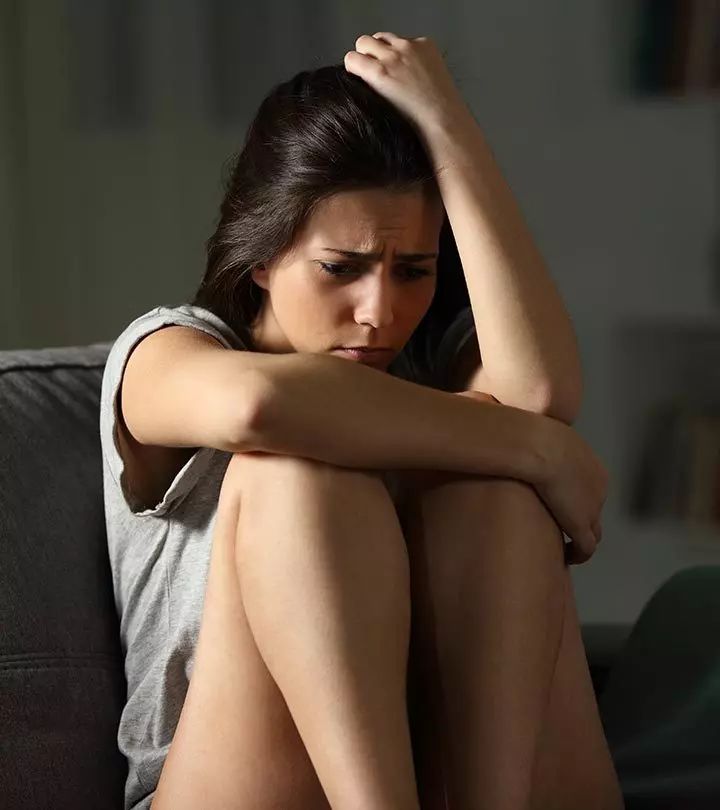Reduce anxiety is a goal many people share, especially in today’s fast-paced world where stress can appear suddenly — at work, in social situations, or even at home. Anxiety often leaves people feeling overwhelmed and out of control. While medication and therapy are helpful for many, experts also recommend simple daily practices that can calm the body and mind in moments of stress.
In a recent interview, Dr. Daniel Amen, psychiatrist, brain imaging specialist, and founder of Amen Clinics in California, emphasized the importance of managing stress in a society that is “chronically stressed.” According to him, untreated stress and high levels of cortisol not only increase anxiety but can also damage brain health and contribute to physical issues like weight gain. Learning how to reduce anxiety quickly can therefore protect both mental and physical health.
Diaphragmatic Breathing: A Simple Way to Reduce Anxiety
One of the most effective and accessible techniques to reduce anxiety is diaphragmatic breathing — sometimes called belly breathing. Unlike shallow chest breathing, this method engages the diaphragm and promotes a deep, controlled breath that activates the body’s relaxation response.
Here’s how to practice it:
- Inhale deeply through your nose for four seconds, letting your belly rise.
- Hold your breath for about one and a half seconds.
- Exhale slowly through your mouth for eight seconds, fully releasing the air.
- Hold out for another one and a half seconds before repeating.
By making the exhale twice as long as the inhale, the body activates the parasympathetic nervous system — the opposite of “fight or flight.” This signals to the brain, “We are safe, we can calm down.” Practicing this cycle four to six times takes less than two minutes and can noticeably reduce anxiety, lower heart rate, and improve cardiovascular health.
Why You Shouldn’t Run From Anxiety
During panic attacks or intense waves of anxiety, many people instinctively want to leave the situation — whether they are in a crowded store, a social event, or even stuck in traffic. Dr. Amen warns that leaving reinforces avoidance, making anxiety stronger over time.
Instead, staying present, practicing deep breathing, and challenging negative thoughts can help reduce anxiety in the moment. Amen recommends “killing the ANTs” — Automatic Negative Thoughts — that often fuel panic. Writing them down and asking yourself, “Is this really true?” helps separate facts from fear-driven assumptions.
The Bigger Picture: Lifestyle Habits to Reduce Anxiety Long-Term
While breathing techniques are a quick tool, reducing anxiety in the long run requires consistent lifestyle changes. These include:
- Regular exercise to release endorphins and lower stress hormones.
- Adequate sleep to restore the brain and regulate mood.
- Balanced nutrition to support brain chemistry and energy.
- Mindfulness practices such as meditation, journaling, or yoga.
- Social support from friends, family, or support groups.
By combining these habits, individuals create a personal “stress toolkit” that can reduce anxiety over time and prevent long-term damage to both mental and physical health.
Frequently Asked Questions (FAQ)
1. Can breathing exercises really stop a panic attack?
Yes. While they may not eliminate the attack immediately, controlled breathing can reduce anxiety by calming the nervous system, slowing the heart rate, and lessening symptoms.
2. How often should I practice diaphragmatic breathing?
Daily practice is recommended. The more you practice, the quicker your body learns to reduce anxiety naturally during stressful situations.
3. Is anxiety always harmful?
Not always. Some anxiety is normal and can motivate action. It becomes harmful when it is chronic, overwhelming, or disrupts daily life.
4. What if breathing techniques don’t work for me?
Different strategies work for different people. If deep breathing doesn’t reduce anxiety, try mindfulness, grounding exercises, or seek professional support.
5. When should I seek professional help for anxiety?
If anxiety or panic attacks are frequent, severe, or disrupt daily functioning, consulting a mental health professional is essential.







